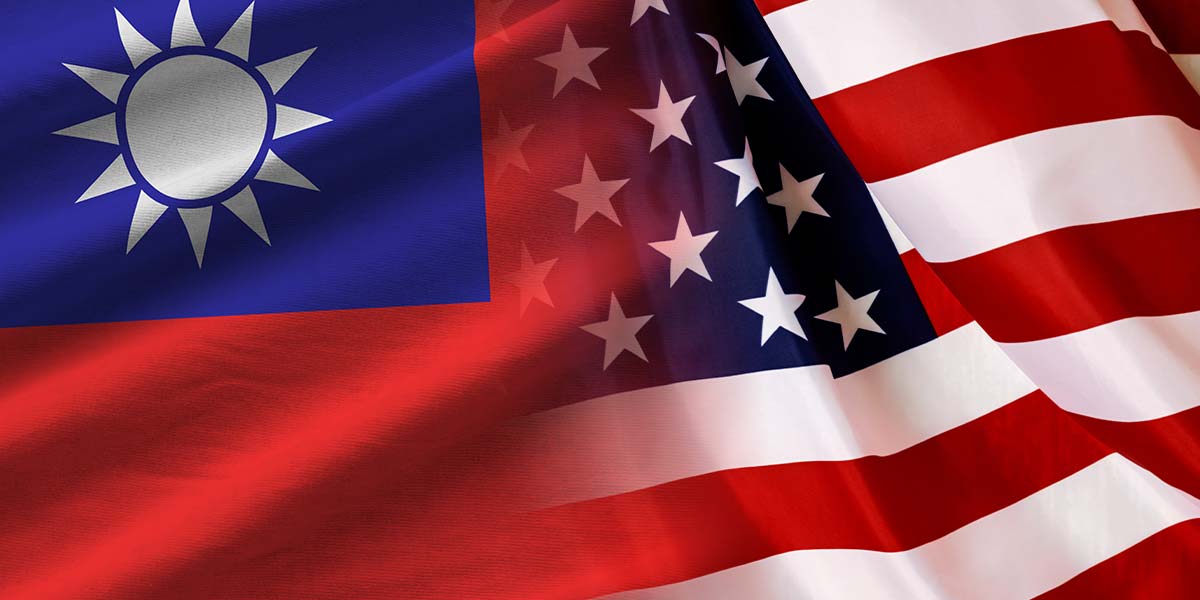Taiwan is actively considering the formation of a high-tech strategic partnership with the United States, according to the island’s top tariff negotiator Cheng Li-chiun, who provided updates on negotiations in Taipei Thursday.
Washington, in turn, is pressing for greater Taiwanese investment, notably as Taiwan’s strong technology sector—including contract chipmaking leader TSMC—contributes to a wide trade surplus with the U.S.
Currently, Taiwanese exports to the United States are subject to a 20% tariff, a rate which Taipei’s administration is aiming to reduce as part of ongoing talks. Vice Premier Cheng, who leads the tariff negotiations, expressed optimism that both sides could agree on an expanded investment framework using what she described as a “Taiwan model.”
Unlike traditional offshoring or complete supply chain relocations, this model would focus on increasing U.S. production capacity by extending Taiwanese industrial investment overseas. Cheng, who recently returned from the latest round of discussions, explained that Taiwan’s approach would integrate government support measures such as export credit guarantees and the joint development of industrial clusters with the U.S.
At the heart of negotiations, the U.S. expects Taiwan to expand investment and cooperate on supply chains, Cheng noted.
One high-profile example is TSMC, which is investing $165 billion in building semiconductor manufacturing facilities in Arizona. Despite this massive outlay, the majority of TSMC’s production is expected to remain in Taiwan. Cheng clarified that TSMC did not participate in the most recent talks.
She also emphasized that a U.S. media suggestion by Secretary of Commerce Howard Lutnick, proposing an even 50-50 production split for semiconductors, is not something Taiwan would accept, nor was it presented during the discussions. According to Cheng, It is clear that the U.S. priority is to ramp up domestic production capacity to meet its own market needs.
Cheng stressed that Taiwan’s industrial policy remains centered on maintaining its core operations on the island, with global deployments and strategic bilateral cooperation designed to benefit both economies.





